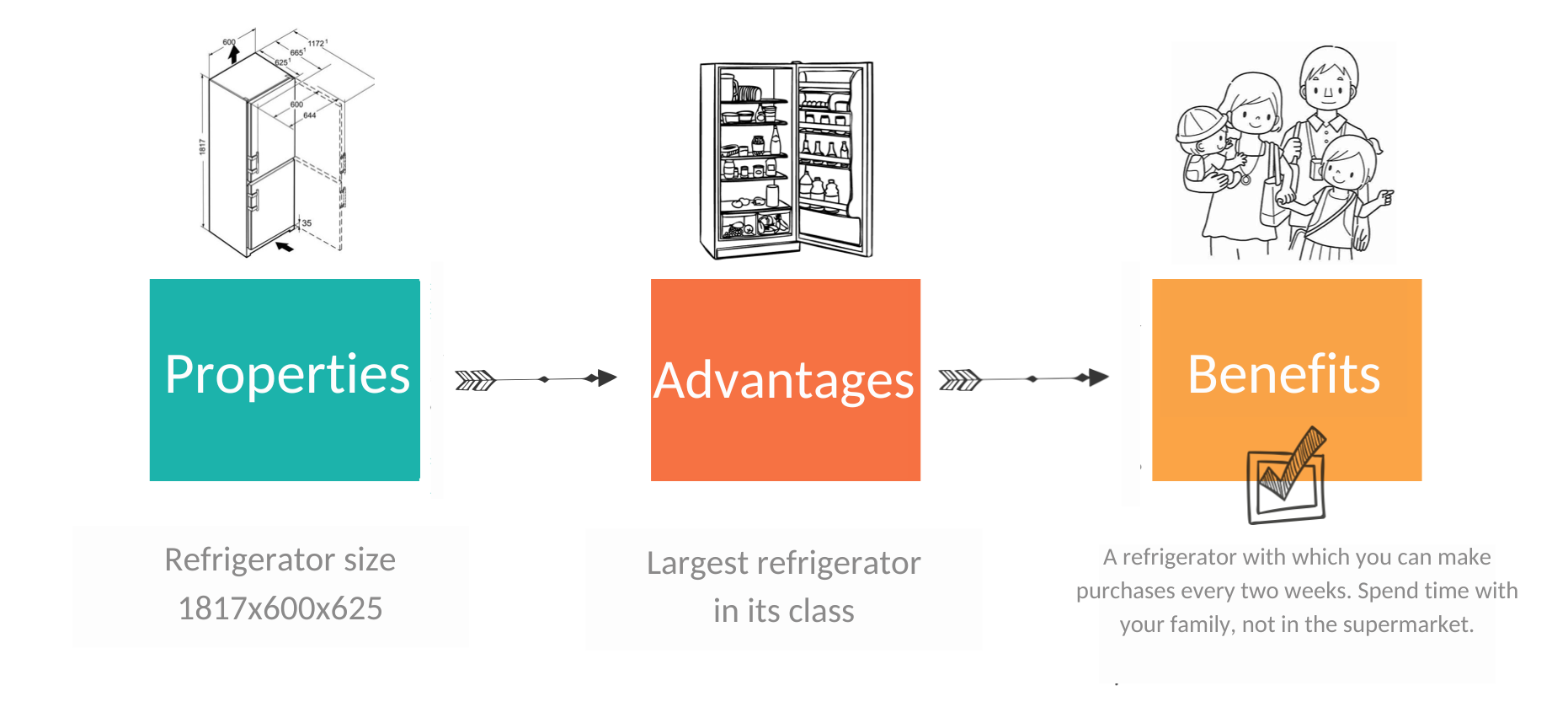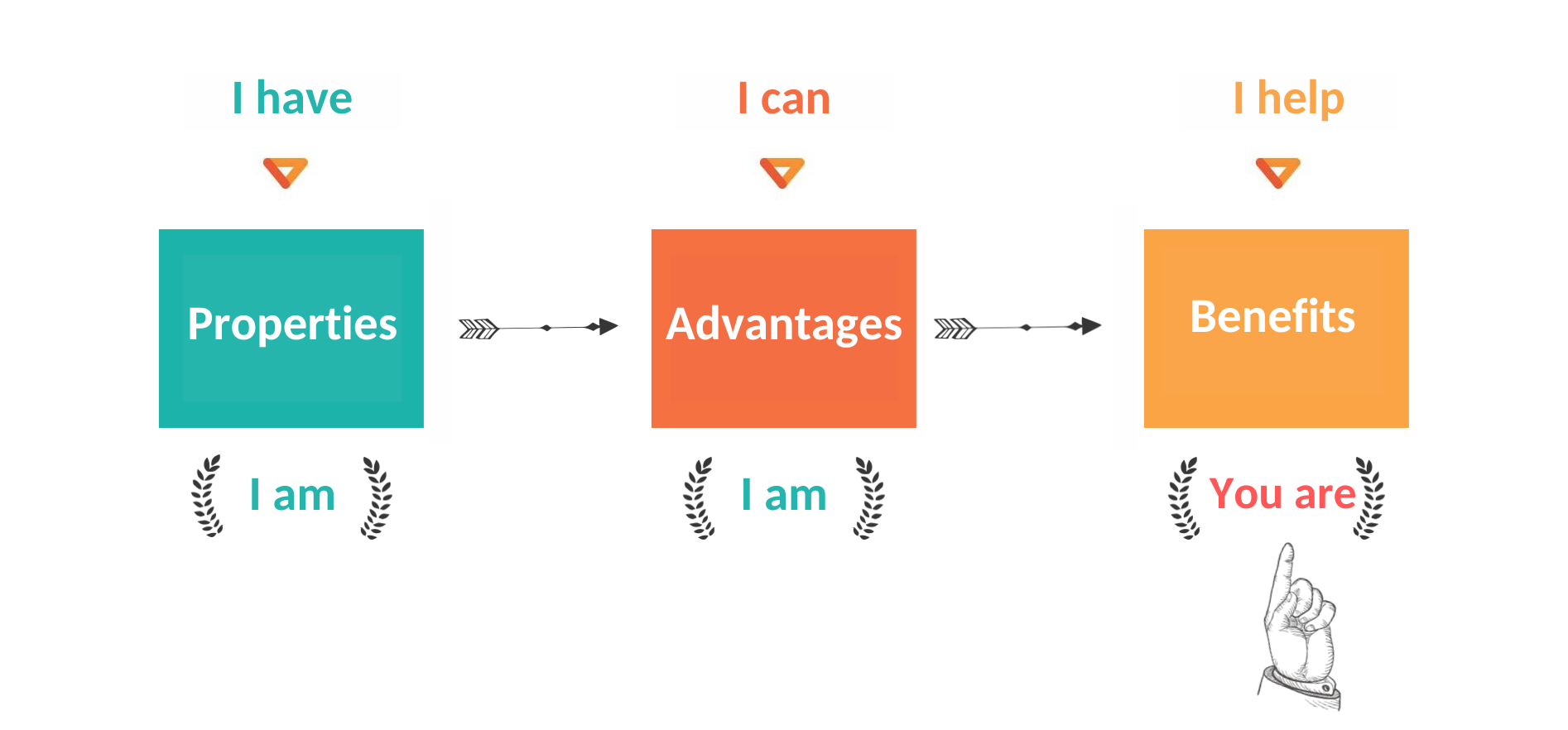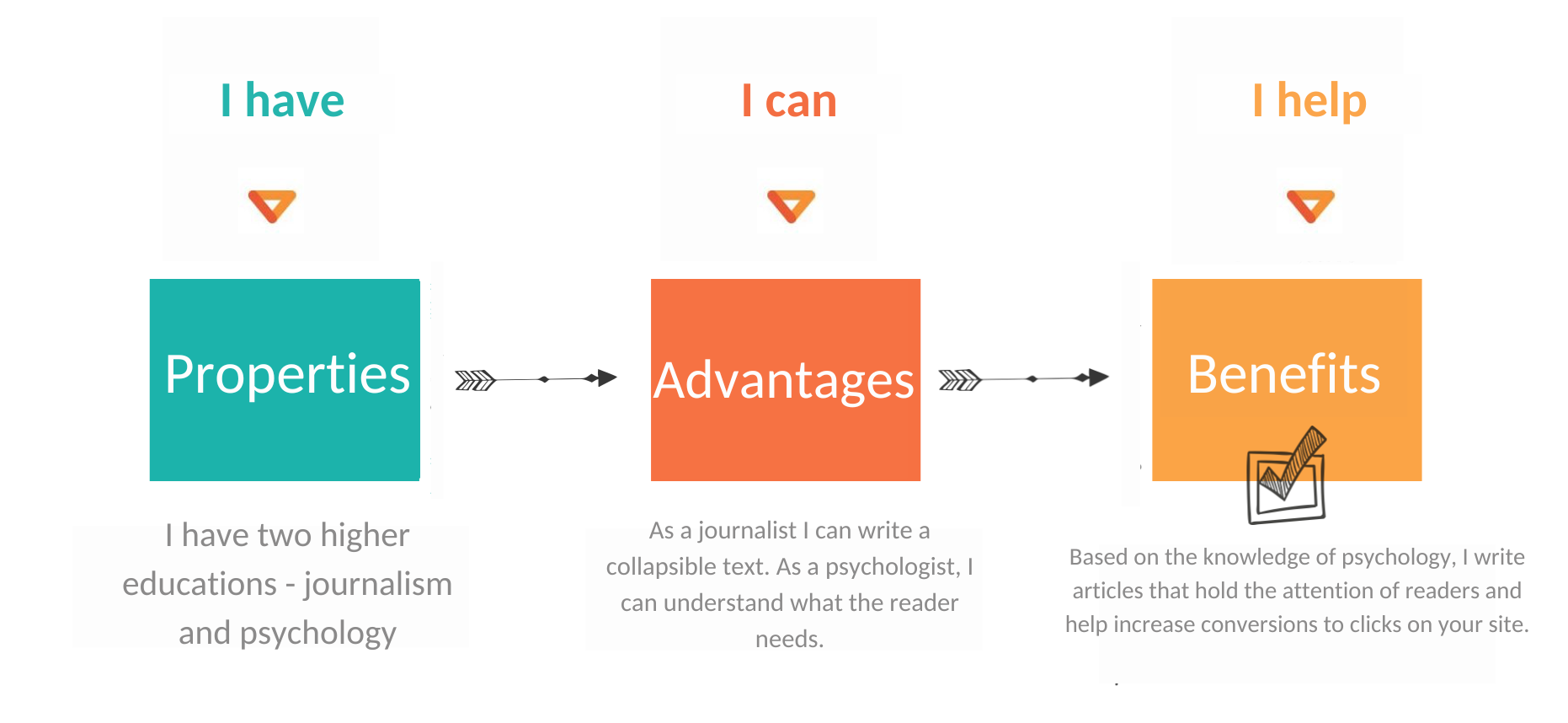Unchildish difficulties, or how to write a persuasive essay about yourself
Is it easy for you to write about yourself?
I ask this at every self-presentation expert webinar. And while I have never met a person who would say: “Yes! I like to talk about myself! It's so easy and enjoyable!”
It's not surprising that it might be challenging to talk about yourself verbally and even more so in paper. Another unexpected fact is that it used to be simple. Each of us used to exhibit ourselves amiably and with delight. When? Of certainly, in childhood!
Kevin Bahler speaks clearly about this in his speech at TEDx.
Kevin claims that when we were younger, we had no trouble introducing ourselves to new people. You may enter the playground quickly and yell, "Hi, I'm Kevin! I love transformers, and I'm five years old. Do you want to play? You already have pals, sometimes for life, so that's it.
Enthusiasm waned in our youth, but we still got along pretty well: “Hi, I'm Kevin, I'm a Radiohead fanatic. What are you listening to?" This was enough to start dating. (And if you put on a T-shirt with a portrait of your favorite band, you could do without words at all.)
As children, we easily chose words to introduce ourselves and interest others
But then something went wrong…
It seems as though as we get older, we lose a frame of reference, a side from which we can simply and happily jump into a talk about ourselves. "Hi, I'm Kevin ..." Now what? Married? Two children? Do I work in an office? Didn't sleep for three months? So many options… Unfortunately, Kevin Baler does not offer a suitable solution in his speech. But this is the case when a correctly posed question already contains half of the answer.
Why was it easy for us to find words for ourselves as children?
Let's review the instances once more: a young child connects with a beloved toy, and a teen with a musical subculture. The first and second are unquestionably the things that connect many kids and teenagers, as well as the things that the author and the reader have in common. So, here is the answer! It was constantly in my line of sight!
A starting point for self-talk
The starting point for talking about yourself should be found in what unites us with other people. It does not distinguish, does not distinguish, does not emphasize uniqueness, does not help to "rebuild", as marketing gurus often advise, but unites with the audience.
The starting point for talking about yourself should be found in what unites us with other people, and not what distinguishes us from them!
We need to look for what unites us with other people, and not what distinguishes us from them
Okay, what bonds people in business together? Fortunately, there is only one viable response: the value we add to one another. People are equally as intriguing to one another as they are helpful to one another. I have nothing more to add. Not sure where to begin when describing yourself? Start by describing how your audience will benefit from you. Nobody is interested in us. Nobody else is interested in our existence outside our parents, spouses, and closest friends. People are equally as intriguing to one another as they are helpful to one another.
Speak to your audience in the language of benefits
In business, people are united by the benefit they bring to each other. Don't know where to start writing about yourself? Start with audience benefit.
Start with the benefit…
Yes, I agree that this is a piece of advise that is simpler to offer than to follow. I will thus give the guideline that I believe is most crucial when working on one's own presentation, as well as any presentation in general. This is it:
Speak to your audience in the language of benefits
What's the purpose? Any topic, project, method, or issue can be discussed in one of three ways: using the language of characteristics, using the language of benefits, or using the language of advantages. The refrigerator serves as the most straightforward example of this concept, which is why I refer to it as the "Refrigerator Rule.”

When we speak the language of benefits, we change the mode of expression from "I" to "you". Not "what I have", but "what you will get from interacting with me". Feel the difference? We came close to benefiting.
If you write a text in which you present yourself as an expert (specialist, master, professional), properties, advantages, and benefits turn into "I have," "I can," and "I will help," respectively.

Start with the benefit…
-
"I have two higher educations...”
"I have experience working both in consulting and on the client side...”
"I have an MBA...”
"I have knowledge in the area...”
"I have skills in the field of...”
"I have recommendations...”
"I have a hobby...”
"I have a desire...”
Known phrases? This is just a list of attributes. This is an inventory, not a self-presentation. We ask the reader to speculate on the benefits by listing the properties. One makes a prediction, another doesn't, and a third makes a mistake (and you end up with a customer with incorrect expectations). The overwhelming majority, though, will not even try; they will read or listen and raise their hands, saying, "It's cool, of sure, but what's in it for me? This will pique no interest in us whatsoever.
Property enumeration is not self-presentation. This is a summary!
A good self-presentation immediately captures the benefits for the reader, and uses the properties as a reasons to believe.

How to turn properties into benefits?
-
1. Take inventory: write out all your "haves".
2. To see (or not observe) what they give me and what I am able to achieve due to my resources or skill set.
3. I can look at the received through the eyes of the audience - how does all this help the reader.
This task appears straightforward, yet it holds some surprises. Not all qualities are benefits, and not all benefits are advantages. At each stage, the list will probably get shorter, which is a good thing. A few memorable lines that can be said during a handshake or written in the Facebook INTRO section make up the optimal self-presentation.
How to present yourself to an employer?
Self-presentation counts as a candidate's resource in the same way that professional expertise, shiny shoes, and a well-fitting suit do. Additionally, if you are forced to deal with your look because "you are met by your attire," then the words typically come to you on their own, based on the circumstance and jumbled recollections. But the more important the skill of self-presentation, the higher the position and the more prestigious the firm. For some openings, hundreds or even thousands of candidates apply. How can I stand out from the crowd and land a dream job offer? This is where presenting yourself professionally is important.
How should I get ready for an employment meeting? Take any job you find interesting. Answer the question, "How can I verify that I have them?" and list three essential talents for the position you've chosen. Note down the response. It is not necessary to memorize it; instead, make a mental note of it. They will assist you in putting the emphasis on your story about yourself at the interview in the right place.
Just keep in mind that if there are two applicants with comparable experience, the one who comes out as more credible will win. So why not choose yourself?




